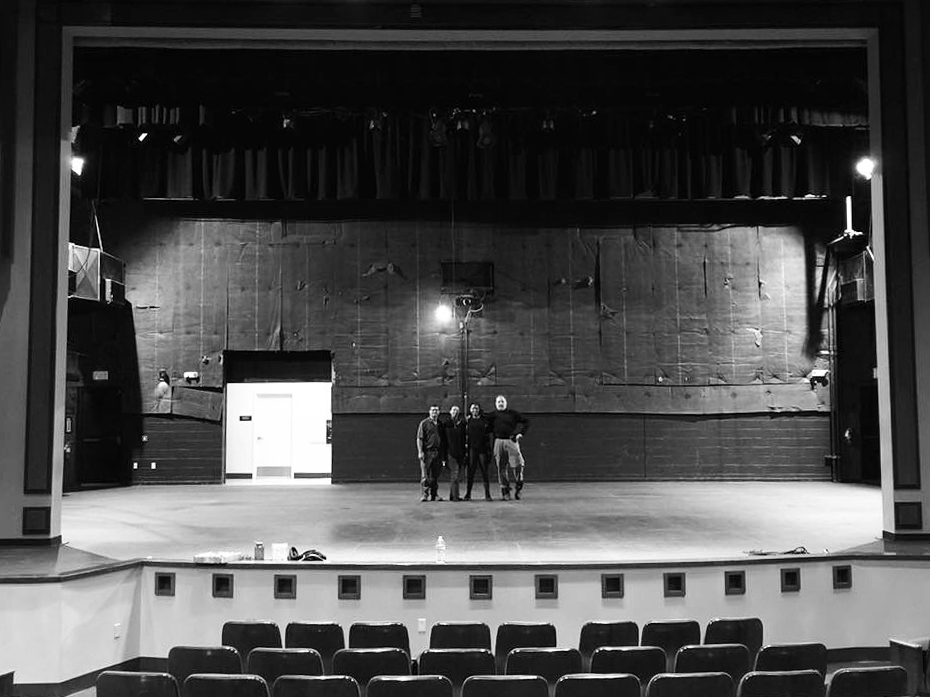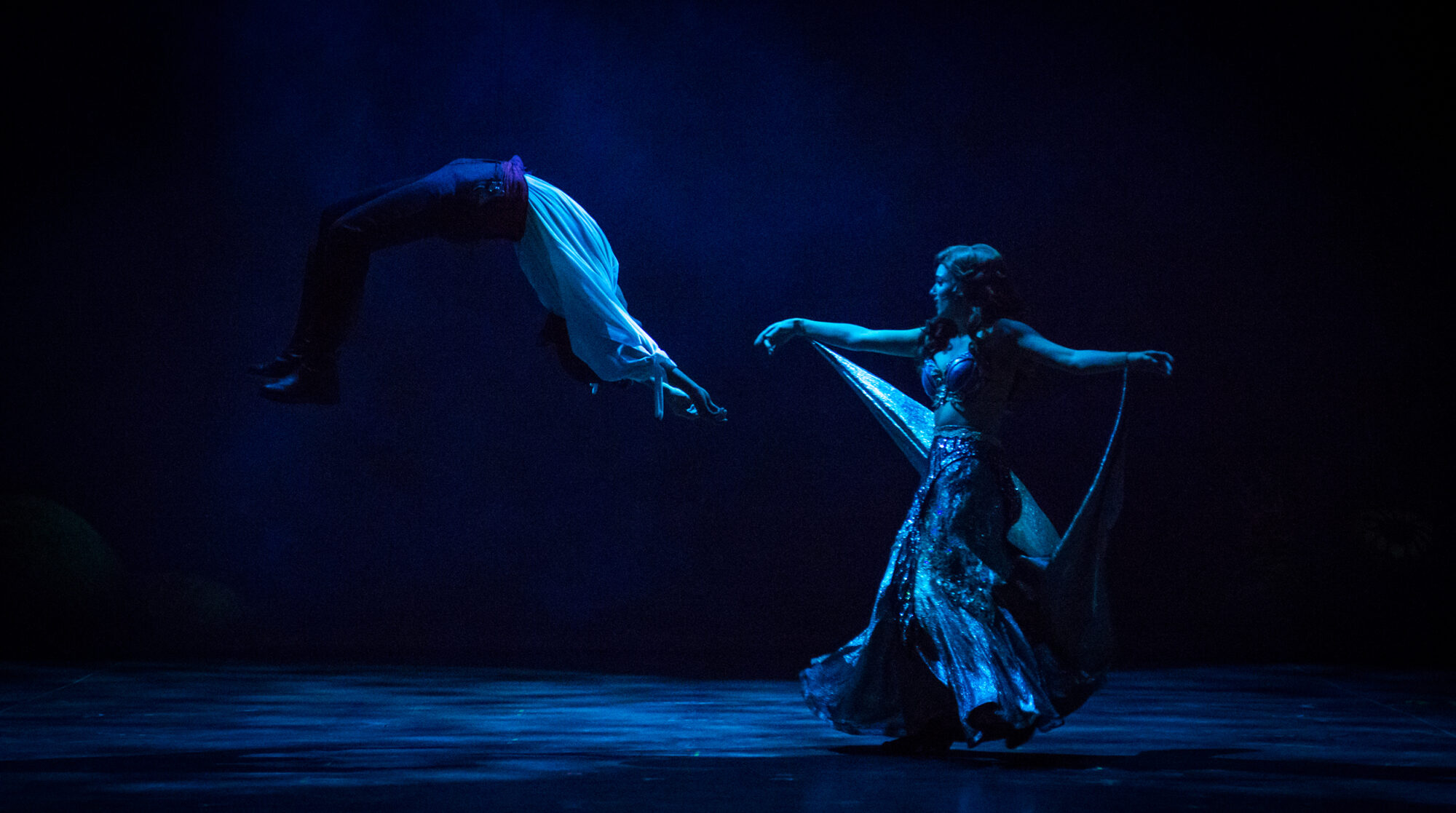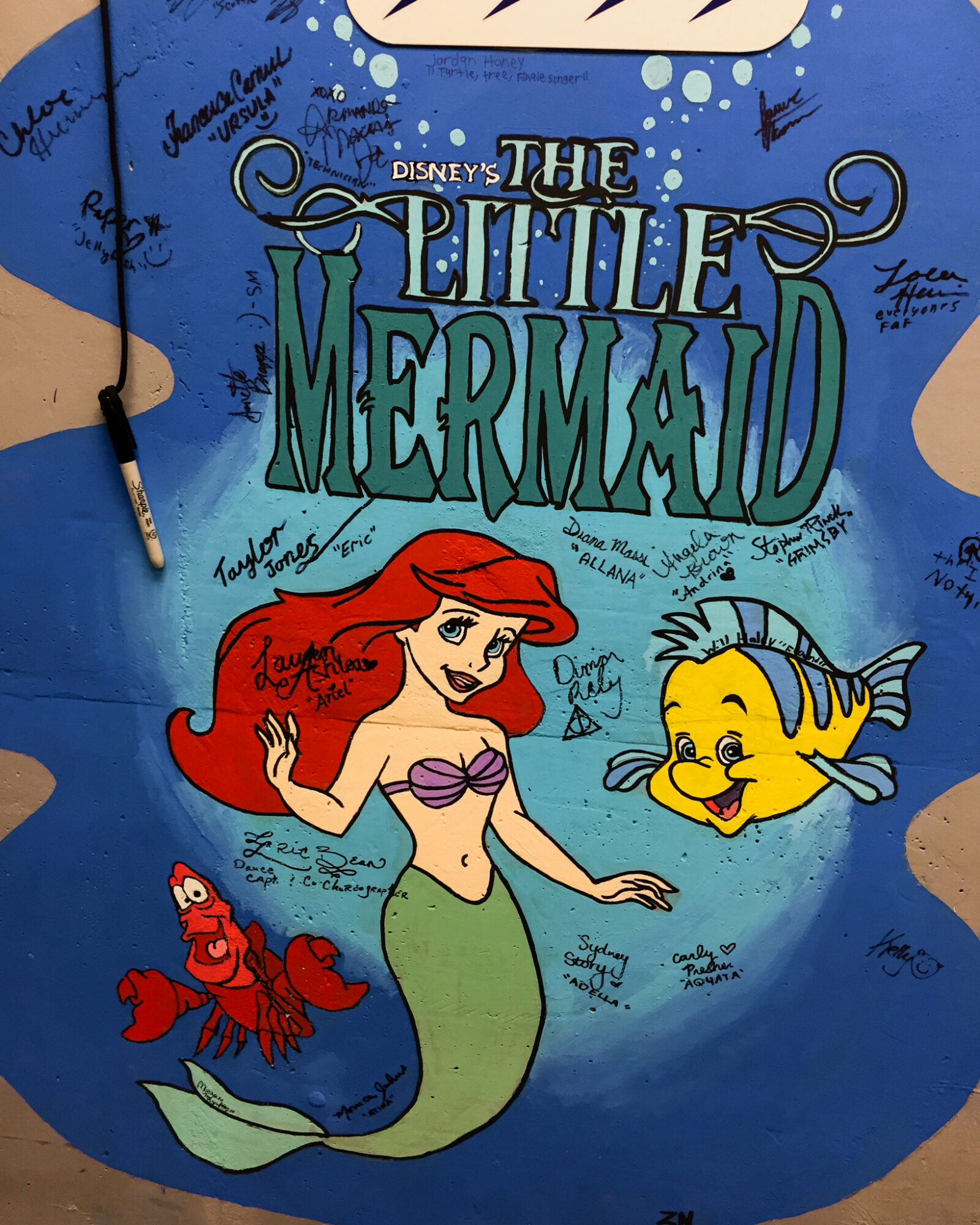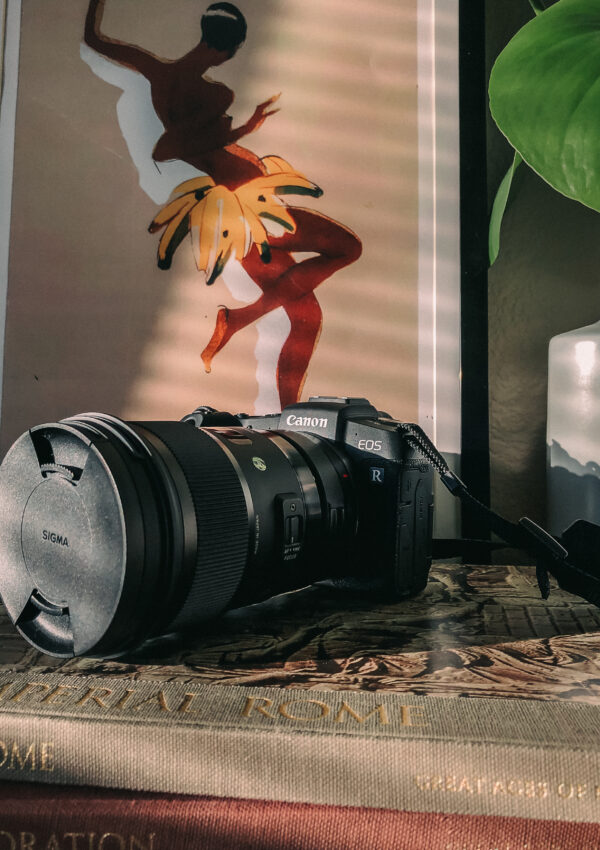You have 8 months of community theatre experience under your belt when you’re asked to fill a production stage management position on a large scale musical. What do you do?
Do you turn down the job, even though you want to accept it? Or do you jump in the deep end? Can you guess what I did? I jumped in! I know it sounds wild, but I took that leap of faith and said yes. And in doing so, I kickstarted the beginning of my stage management career.
A Crash Course in Backstage Life
In the Spring of 2016, I started working in Las Vegas’ community theatre scene. I did a lot of deck crew work. The first production that I was involved in (that wasn’t school related) was My Fair Lady. From there, I signed on to work Beauty & the Beast, Memphis the Musical, The Mystery of Edwin Drood, The Scarlet Pimpernel, and an original Christmas show. I did all of that in the span of eight months. I told you it was a lot!
Essentially, I’d had a crash course in backstage life, unlike anything I’d ever learned from my brief stint as a theatre studies minor. During the course of those few months, I also started training to be an assistant stage manager. While training, I realized that I had an affinity for leading. I knew that I could handle the extra responsibility of the higher position.

Luckily for me, Huntsman Entertainment, the company I’d worked for on Beauty & the Beast, planned to mount The Little Mermaid in 2017. During my time working on Beauty & the Beast, I noticed Kiss the Girl always played during preshow. And I can distinctly remember thinking about how cool it would be to work on a production of The Little Mermaid.
Flash forward to December 2016, I applied for their open assistant stage management position. Again, I knew I could handle the extra responsibility. I also figured that I could learn about stage management more throughly if I could intimately observe a production stage manager in action. Joining Huntsman Entertainment’s team as an assistant stage manager did just that. It was a win win situation!
The Road to Stage Management
By our first few rehearsals in January 2017, I realized I had started getting the hang of things. My PSM had me take control of the blocking of staging & choreography. I was also in charge of sound playback during rehearsal, and keeping timings of the music for choreography rehearsals, too. I learned so much valuable information. It felt great to further hone in on a new skill set! The process, from what I could tell, was going along swimmingly.
But however good I thought things were going, I was wrong. Clashing personalities within the production team & a health scare for my PSM made for the perfect storm. And by February, my PSM decided it would be best for her to leave the production. Now I find it important to mention that I’m not blaming anyone for what went down (especially since it ended up benefiting me), but I was quickly in uncharted territory. I knew I had what it took to ASM- I’d been doing it for a month, but could I rise to the occasion and be the lead? Would becoming the stage manager make or break me?

With a Little Help from my Friends
It took some mentorship, a lot of me feeling unready, and a little bit of faith, but I soon took over the empty position. I won’t lie- I was a bit terrified. But as nerve wracking as becoming the stand in PSM was, rehearsals were easy to manage. I’d already grown accustomed to how they ran. Before I knew it, it was time for tech rehearsal. I was a little apprehensive about tech. I knew it was gong to be a completely different beast to tackle than rehearsals, but I had no idea what to expect.
The majority of my fears were eliminated once we actually moved into the performance venue. I had intimate knowledge of the show from all of the rehearsals I sat in & ran. I helped build & paint aspects of the set & some props. And my former PSM had left me all of her paperwork- which I devoured and memorized inside & out. I really did know the show. And more than that- I knew my company. I got along well with the production & creative teams. The cast was full of people I’d already had established relationships with from my 8 months of community theatre work. I knew that the people in the company would be rooting for me to succeed, just how I was for them.

Calling the Shots aka Cues
Since I was already used to running sound in rehearsal, I had most of my sound cues written down in my book. And I knew the deck cues would be fairly easy to get down, too, since we planned to run a transition rehearsal. However, the lighting cues overwhelmed me. I think I just got into my own head. I had experience running sound, and I knew how to talk to deck crew because I used to be deck crew. But when it came to lights? I knew very little. I felt out of my element. In a complete chance circumstance, the production’s lighting designer decided that since the performances were so limited (we only had 4), she’d run the light board & handle the cues on her own. Looking back on it now, she saved me from a lot of overwhelm.
With lighting cues out of the way, I was able to better focus on flight. In hindsight, I think the production team unanimously decided my focus should be on flight cues instead of lights. And they weren’t wrong! I needed to be able to focus on flight choreography & the surrounding set to keep the actors safe. I’d need a clear head when actors were 10, 15, 20 feet in the air, and the lighting designer running the light board allowed me that sense of clarity. We had some really long flight rehearsals to get everyone comfortable with & accustomed to the flight choreography. Things were fitting into place, & I finally got the swing of calling flight cues..
Eventually tech came to an end, and it was time to perform the show. I remained nervous about messing up, but in the end, I managed to pull it off. We ran for 4 performances- two Friday’s & Saturday’s- to over 2,000 people a night! And while I can’t share the performance with y’all, I can point you to a snippet of the production here 😉… It’s still absolutely wild to me that we played to Broadway sized audiences for those two weeks. I feel so lucky that I get to claim this show as my first stage management job.

A Sta(ge Manage)r is Born
After The Little Mermaid closed, I continued working as Huntsman Entertainment’s resident Production Stage Manager for their next few productions. Of which were: Shrek the Musical, Peter Pan: A Musical Adventure, and Mamma Mia. And though my resume no longer documents all of my other community theatre work, some of my other credits include: Fiddler on the Roof, The Wedding Singer, Young Frankenstein, Oliver, Newsies, & Into the Woods.
All of that working eventually helped me land a stage management internship at South Coast Repertory for their 2019-2020 season. And while I am now technically on a hiatus from stage managing productions in real life because of coronavirus, I virtually stage manage every now & then.
What had initially started out as a bit of a fluke is now part of the reason I confidently call myself a stage manager today. I mean, if I could manage pulling off taking over a production stage management job with zero PSMing credit, I can do anything. My intro to stage management was extraordinary, and so it’s only fitting that my career will be extraordinary too.
And for any of y’all who may be wondering- I haven’t panicked about calling cues since that production. I actually really love that part of my job now, even more so on musicals! And I’ve worked on two other productions with flight since then. Very little about my job actually terrifies me anymore, but I definitely still get a little nervous on opening nights.




Thoughtful and well put! It’s nice to hear your “origin story” as a stage manager.
Thank you, Jill! (: